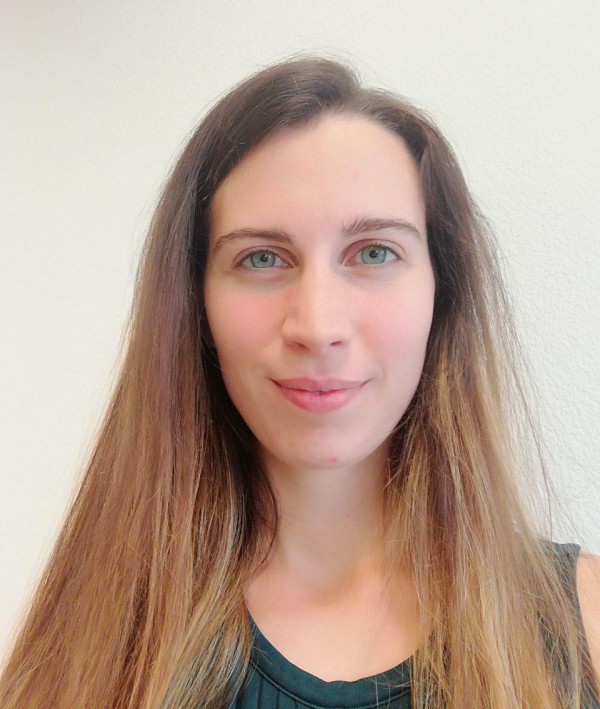Martina Danese
Interview by Carey Sargent, EPFL, NCCR MARVEL
What was the subject of your master’s thesis?
In my master’s thesis, I studied Huisgen cycloaddition, which is an interesting chemical reaction, as there are many potential applications for its catalyzed version. I studied this reaction from a theoretical point of view, of course. I studied it in gas phase, first trying to characterize its transition state at null temperature and then understanding its thermodynamic properties. Thus, I looked at it from different points of view.

What was the best part of the INSPIRE Potentials experience?
It’s a difficult question, but during these studies I learned many different techniques and I really enjoyed getting to understand all of them. I would say the work projects was the best part. I learned many things and these things were really useful for understanding this reaction. I not only enjoyed it, but I also had really interesting results. I am proud of my work and happy about it.
What specific challenges do women scientists face?
It’s hard to say. For example, in my group, women are treated exactly like men, we have no problem, but I’ve heard that it’s not like this everywhere. I am lucky. I think there are still some prejudices against women in other places and I think there is still work to be done. Moreover, there are fewer women scientists than men, that’s just statistical data. This is strange to me, but there must be some reason, and I think it can be found at the middle and high school levels.
Do you have any advice for young women interested in scientific careers?
These unbalanced numbers threaten some people, but in my experience, you should not be scared about it. I have heard about many young women who not only have success in their jobs, but have also created their own families, given birth and this never stopped them. Nowadays, it’s possible to have equal treatment for women and men and so they should ask for it. That’s maybe the only suggestion I’d have for women that’s different from the ones I’d give men.
